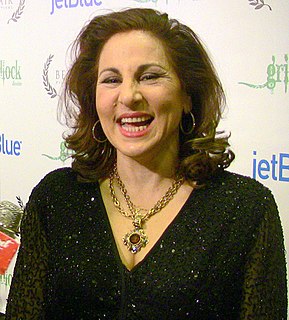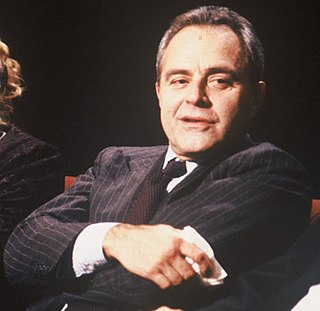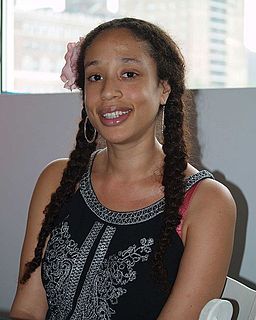A Quote by Shane Claiborne
The question for me is not are we political, but how are we political? We need to be politically engaged, but peculiar in how we engage.
Related Quotes
For me, what is political is very personal. Politics are not this abstract idea. Laws are the rules that dictate how we live our lives. What we eat is political. How we dress is political. Where we live is political. All of these things are influenced by political decision-making, and it's important to be part of the process.
I need to say how I feel.aIf you were a political person before, and you just happened into a movie, to stop being a political person makes no sense. I always laugh and say, 'Dudes, if I have to choose, I'm a political person first. I would never do another movie again and be completely happy.' I need to say how I feel.
What happened on "As Cool As I Am" was, you know how in the `90s, "the personal is political, the political is personal"? That was a really big thing. Choices you made about how you recorded and what instruments you used and how much real versus how much synthetic. Those were choices that were seen as very political at the time.
I am interested in the political economy of institutional power relationships in transition. The question is one of "reconstructive" communities as a cultural, as well as a political, fact: how geographic communities are structured to move in the direction of the next vision, along with the question of how a larger system - given the power and cultural relationships - can move toward managing the connections between the developing communities. There are many, many hard questions here - including, obviously, ones related to ecological sustainability and climate change.
There are people with an explicit political bent complaining about people having political agendas while nominating stories with political agendas. Is it political to try to be diverse? Is it political to try to imagine a non-heteronormative society? Yes, because it involves politics. But how do they expect us to not write about our lives?
[in 1998] I know my political ideas affect what I write but I've tried to follow the facts wherever they land. Every topic I've written about begins as a question. How do police departments behave? Why do bureaucracies function the way they do? What moral intuitions do people have? How do courts make their decisions? What do blacks want from the political system? I can honestly say I didn't know the answers to those questions when I began looking into them.
What is especially important is addressing the question of how religion can be enforced through political means and what can be done to create a political environment that, on the one hand, acknowledges the role of religion in society, while on the other hand does not impose one religion on the populace at the expense of all others.
The left have taken a really beautiful thing, male-female relationships, and turned them into a battle, a political battle, an ideological war. And if you doubt me, what is the War on Women? What the hell is it? How crazy is that entire concept, that there is a political party conducting a War on Women because they hate them. And the fact that they can sell that to their voters and make political gain on that basis is damn amazing to me. And yet how many people do you know who really believe that there's a War on Women, that Republicans/conservatives don't like women?





































